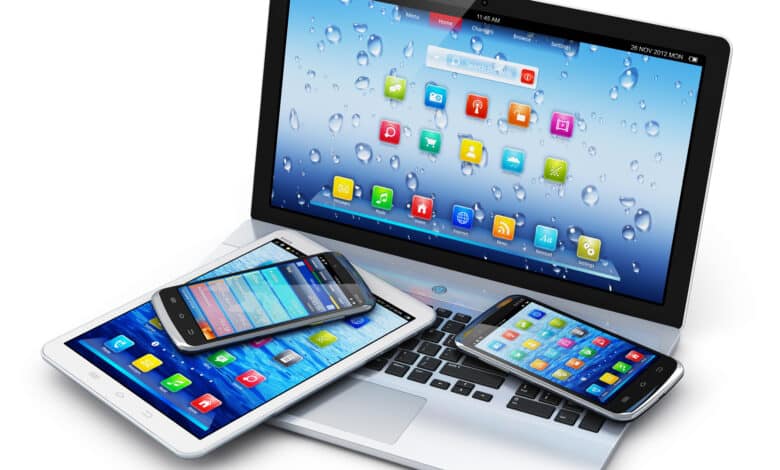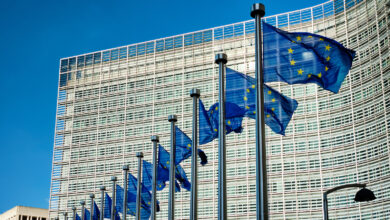
Up to now, energy labels have mainly been attached to electrical household appliances. The EU has now proposed that in future cell phones and tablets should also be provided with such a label, making it easier to obtain information about the devices’ power consumption.
Enhanced information through label?
The EU Commission’s proposal envisages labeling that goes beyond that of household electrical appliances. For example, cell phones and tablets are to be labeled not only in terms of their energy consumption on a scale ranging from red to green, but also in terms of their energy efficiency and existing repair options. For the latter two awards, the EU envisages a classification on a scale ranging from A to G and A to E, with A standing for the best possible classification in each case. It should also be specified how long the battery of the devices lasts and/or after how many charging cycles its performance noticeably decreases.
Implementation will take time
However, the new rules will not take effect quickly. So far, it is only a draft of the EU Commission, for which it is currently collecting feedback from various sides. The EU Parliament and the EU member states will then have two months to raise objections. Only then can the regulation enter into force. But even then, immediate implementation is not to be expected, as the draft provides for a transition period of eighteen months. So it is likely to be years before cell phones and tablets with energy labels and the other awards mentioned actually appear on the market.
Feedback so far positive
The feedback expressed so far on the EU Commission’s draft is consistently positive. Anna Cavazzini (Greens), chairwoman of the Internal Market Committee, thinks the proposal is very sensible, but not far-reaching enough: “Finally, the European Commission is proposing an energy label with information on reparability. [E]ach true reparability index must not be limited to smartphones and tablets, but must apply to all appliances.” It also called for easy access to spare parts and repair instructions. The U.S. state of New York had recently passed a law to this effect.
The European consumer association Beuc praised above all other aspects that are to come into force with the regulation or would be favored by it: Batteries with a longer service life, safety updates for at least five years, easier repairs and better availability of spare parts.
With the planned rules, however, the EU Commission is not primarily aiming to improve the position of consumers, but to make the economy more environmentally friendly. A corresponding framework program, in which the concrete proposal is to be classified, was already presented in March.



